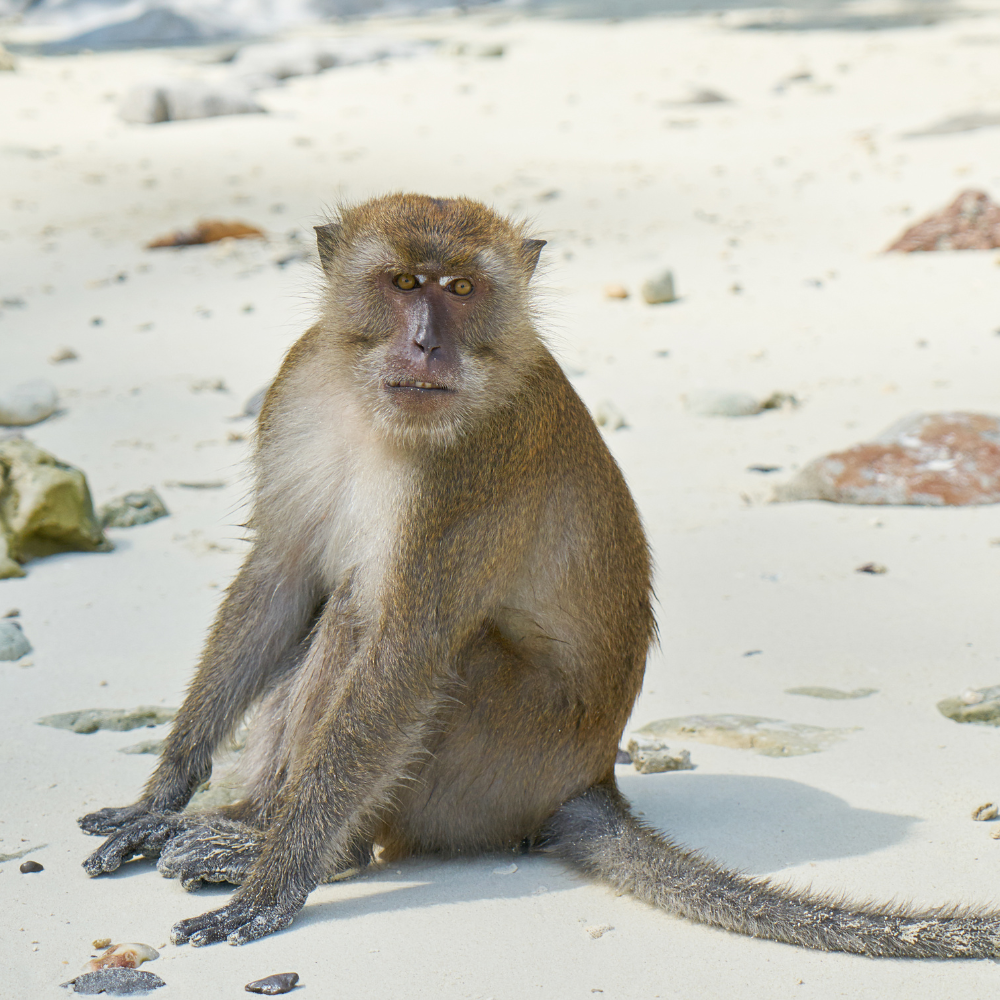Twelfth monkey dies in Hong Kong zoo bacterial outbreak
Authorities are conducting tests to ascertain whether the latest fatality is associated with a bacterial outbreak that has already claimed the lives of 11 other primates in the past 10 days. As a result, a twelfth monkey has passed away at Hong Kong’s Zoological and Botanical Gardens. The first documented deaths occurred on October 13, and the deceased animal, a De Brazza’s monkey, had been isolated since then.
Significant levels of sepsis-inducing bacteria have been detected in the autopsies of the afflicted animals, which are suspected to have been sourced from contaminated soil in the vicinity of the enclosures. Authorities suspect that the contaminated soil was unintentionally introduced into the primates’ habitats by labourers through their shoes. The labourers were engaged in excavation activities in the vicinity of the cages, as stated by the Secretary for Culture, Sports, and Tourism of Hong Kong.
Critically endangered cotton-top tamarins, white-faced sakis, common squirrel monkeys, and an additional De Brazza’s monkey were among the 11 primates that had previously succumbed to the outbreak. Burkholderia pseudomallei, a bacterium that thrives in soil and water in tropical and subtropical regions, was identified as the cause of mortality in these cases. Melioidosis is a severe infectious disease. Contact with contaminated soil, air, or water can result in the transmission of the bacteria, which poses a threat to both humans and animals.
The Leisure & Cultural Services Department (LCSD) announced in an update that the latest case is consistent with previous infections, as similar lesions were also discovered in the tissues of the organs of the primate that passed away today.
Authorities have reported that the health status of the 78 remaining mammals in the menagerie is “normal.” Since October 14, the mammals section of the Hong Kong Zoological and Botanical Gardens has been closed as a precautionary measure to allow for the comprehensive disinfection and cleaning of the facility.
The outbreak has resulted in heightened scrutiny and concerns regarding zoonotic diseases, which are diseases that can be transmitted from animals to humans. Last week, Jason Baker, Senior Vice President of animal rights organisation PETA, issued a warning regarding potential health hazards. He identified numerous diseases, including monkeypox, tuberculosis, Chagas disease, cholera, and MRSA, that could be transmitted through direct contact with infected monkeys in captivity.
Melioidosis is a severe bacterial infection in humans and animals that is relatively uncommon. This previous pandemic serves as a reminder of the potential hazards that are linked to environmental contamination and the close proximity of animals to human activity.
The oldest public park in the city, the Hong Kong Zoological and Botanical Gardens, is situated in the heart of the city and encompasses 14 acres. It was established in 1864. Locals and travellers alike are drawn to the facility’s diverse collection of mammals, reptiles, and birds. The present emphasis is on the prevention of additional infections and the protection of the health of the remaining animals.
The authorities are closely monitoring the situation and are taking stringent measures to prevent further contamination as investigations continue. Calls for enhanced safety protocols and enhanced safety standards have been issued in response to the incident, which is intended to safeguard both humans and animals from potential outbreaks.









